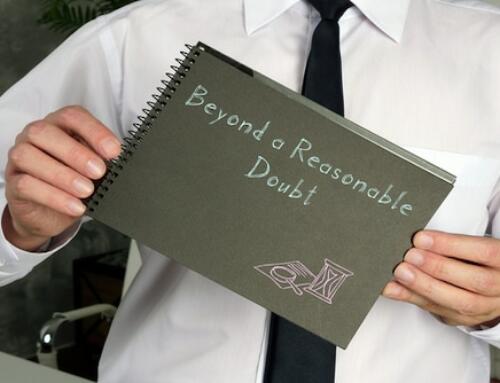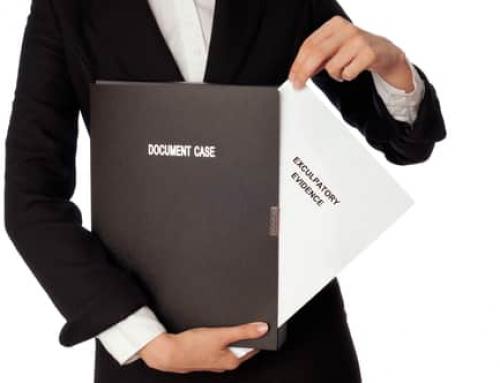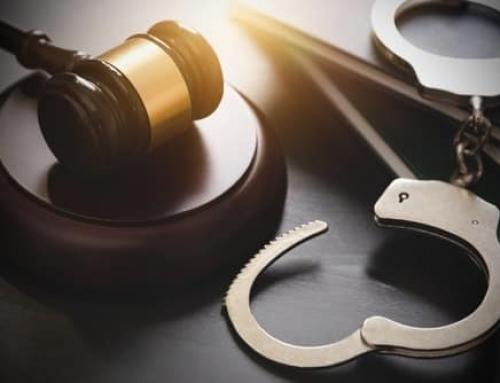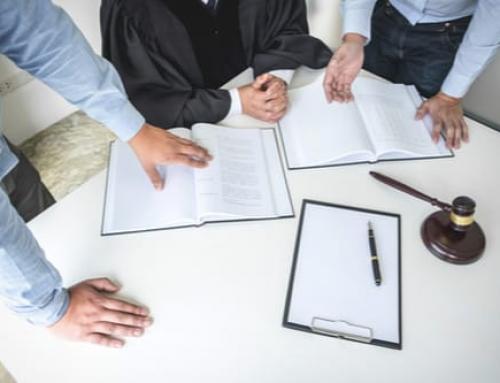What is the point of hiring a criminal defense lawyer? If you are innocent, the prosecution doesn’t have a case. If you are guilty, you’ll just have to take what the justice system gives you. So, you might as well just handle your case on your own. Right?
Wrong.
Lots of people who contact us have questions about what we do. They want answers to questions like: Why should I hire a criminal defense lawyer? Is it worth it? Why do I need a lawyer if I am innocent? What can a lawyer do if I am guilty?
10 Things a Criminal Defense Lawyer Will Do To Help You
The reality is that there are lots of ways a criminal defense lawyer can help you regardless of the facts of your case. Here are 10 examples of things an experienced criminal defense lawyer will do to help you:
1. Make Sure You Don’t Miss Your Court Date
One of the first things your criminal defense lawyer will do is make sure you don’t miss your court date. Or, at least, your lawyer will do everything he or she can to ensure you don’t miss your court date—whether you decide to show up is ultimately up to you. But, if you don’t know when you are supposed to be in court, or if you don’t understand the consequences of failing to appear, you could unknowingly make a very costly mistake from which you might be unable to recover.
2. Advise You How to Plea
If you are being charged with a misdemeanor, you will need to enter a plea at your arraignment. If you are facing a felony charge, you will need to enter a plea at your subsequent preliminary hearing. Should you plead “guilty” or “no contest” to gain favor with the judge? Is it okay to plead “not guilty” if you know you committed a crime? When entering your plea, it is extremely important that you make the right decision.
3. Help You AvoidCostly Mistakes
Beyond missing your court date and entering the wrong plea, there are numerous other costly mistakes you need to avoid when facing criminal prosecution in Philadelphia. When you hire a criminal defense lawyer, your lawyer can explain all the mistakes you must avoid (here are some more examples) so that you do not inadvertently jeopardize your defense.
4. Determine if the Police Violated Your Rights
Did the police violate your rights during your arrest? Unfortunately, this is not an uncommon occurrence. But, if the police stopped you without reasonable suspicion, searched you without a warrant (when a warrant was required), or arrested you without probable cause, this could provide you with a defense—even if you committed a crime.
5. Request and Examine the Prosecution’s Evidence
As a defendant in Pennsylvania’s criminal justice system, you are entitled to know what evidence prosecutors intend to use against you in court. Your lawyer can request this evidence and examine it in advance of your trial. If your lawyer requests the prosecution’s evidence and the prosecution withholds anything you have the right to review, this could also provide you with a defense.
6. Investigate to Collect Additional Evidence
In addition to requesting and examining the prosecution’s evidence, your lawyer can also investigate to collect additional evidence that he or she can present in court. From surveillance camera footage and witness testimony to physical evidence and computer files, there are various forms of evidence defense lawyers can use to prevent prosecutors from meeting their burden of proof.
7. Identify All Possible Defenses to Your Charge(s)
After reviewing the relevant evidence, your defense lawyer will be able to identify all possible defenses to your criminal charge(s). There are numerous potential defenses to criminal charges in Pennsylvania, including:
- Constitutional defenses (i.e.violations of your Fourth or Fifth Amendment rights)
- Statutory defenses (i.e. you did not commit a crime under Pennsylvania law)
- Affirmative defenses (i.e. you committed a crime, but your actions were justified)
- Defenses based on lack of evidence (i.e. the prosecution cannot meet its burden of proof)
Alibi, self-defense, duress, entrapment, and illegal searches and seizures are just a small sampling of specific defenses your lawyer may be able to assert on your behalf. Each of these defenses has its own unique requirements, and you will need to rely on a lawyer’s advice to determine what defenses you have available.
8. Develop a Cohesive Defense Strategy
Even if you have several defenses available, it won’t necessarily make sense to assert all of your defenses in court. This could confuse the jury or make the jurors think that you are trying to throw everything at the wall and see what sticks. Often, the better approach will be to select your strongest defense(s) and build a cohesive defense strategy around a central theme that will hit home with the jury.
9. Seek a Favorable Pre-Trial Resolution
While fighting for a “not guilty” verdict in court is one option, it might not be your only available option. For example, you may qualify for one of Pennsylvania’s diversion programs. Your case will be dismissed if you qualify for (and successfully complete) one of these programs.
Your lawyer may also be able to negotiate a plea bargain. Negotiating a plea bargain can have several benefits under the right circumstances. If it is unlikely that you would be able to avoid a “guilty” verdict at trial, then hiring a lawyer to negotiate a plea bargain may be your best option.
10. Represent You In Court
Finally, if necessary, your lawyer can represent you in court. While you have the right to represent yourself, this is dangerous for a variety of different reasons. Hiring an experienced criminal defense lawyer is well worth it—and it can even save you money if your lawyer can help you avoid the consequences of a conviction.
Talk to a Philadelphia Criminal Defense Lawyer in Confidence
If you would like to know more about what a Philadelphia criminal defense lawyer can do for you, we encourage you to contact us for an initial consultation. To confidently discuss your case with lawyer Brian Fishman, call 267-758-2228 or get in touch online today.






